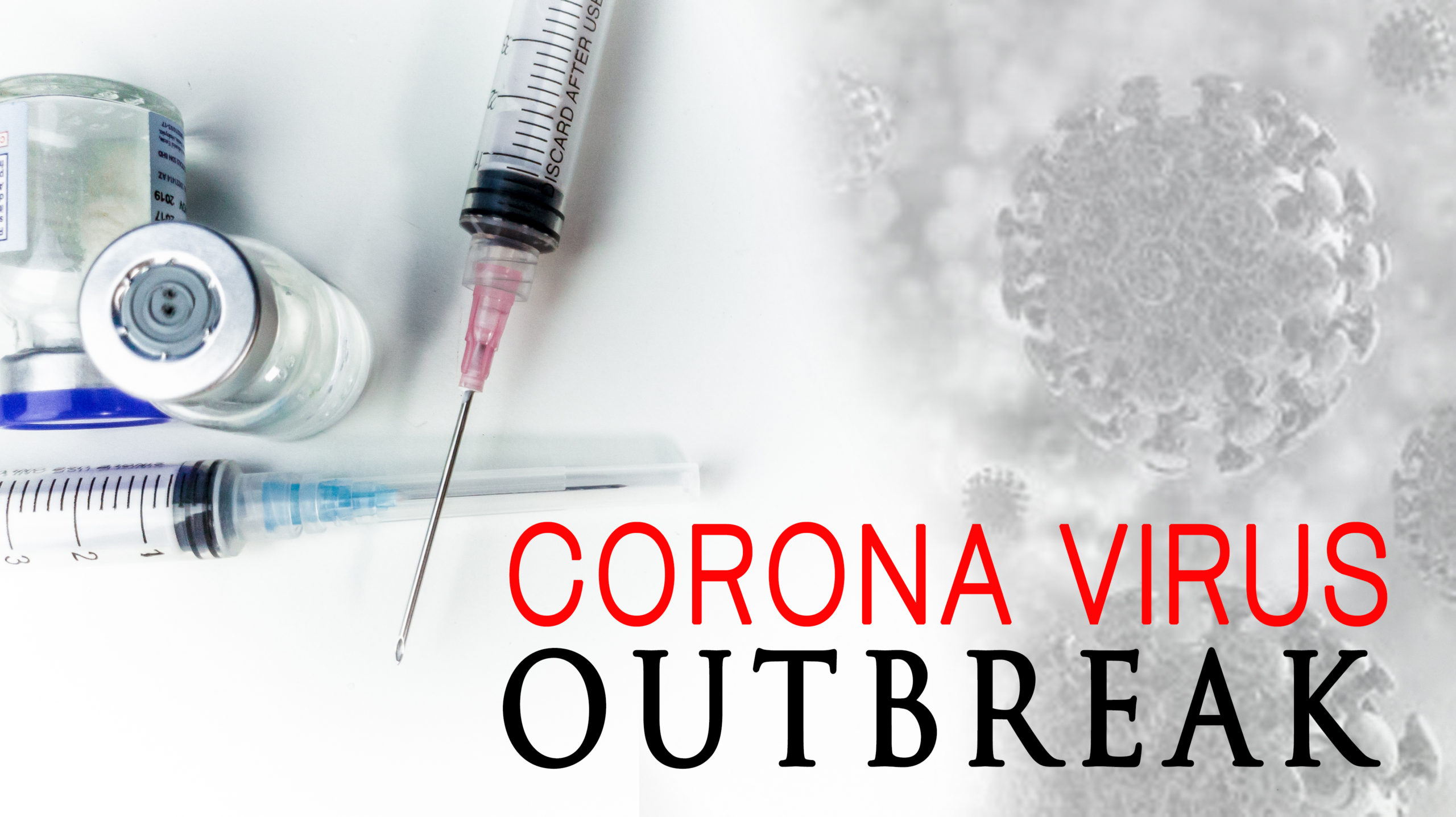The novel coronavirus (Covid-19) is spreading quickly. The latest estimates are that more than 93,000 people have been infected, with nearly 3,200 deaths reported. The virus has now spread around the world.
What is coronavirus?
Coronaviruses are actually a family of viruses that generally cause cold-like symptoms in humans. Two other coronaviruses have caused wide-spread fear in recent years; severe acute respiratory syndrome (SARS) and Middle East respiratory syndrome (MERS).
So far, Covid-19 is far less virulent than either SARS or MERS. The fatality rates for MERS was around 30 percent and SARS, 10 percent. While older people and those with underlying health conditions are definitely at higher risk of becoming seriously ill, the death rate is currently around 2 percent of those infected. Many people will just think they have a simple cold.
Will Covid-19 continue to spread?
The World Health Organization (WHO) and the Centers for Disease Control (CDC) are closely tracking suspected and confirmed cases. It is impossible to say with certainty how the outbreak will spread, but it will most likely continue to spread to more countries and impact many communities. Cases are beginning to decrease in China, while still growing throughout the rest of the world.
How do I stay safe?
For healthy adults and children, the risk of serious illness is still low. The risk is higher for older people and those with underlying health issues. Children seem to currently exhibit only mild symptoms. To protect our health and those around us, we can all do a few basic things:
Wash your hands frequently
Thoroughly and frequently clean your hands with soap and water or an alcohol-based hand rinse. Both of these methods are effective at killing viruses on your hands.
Avoid touching your face
Your hands touch so many surfaces each day and pick up all sorts of nasty things. If someone wipes their nose and then opens a door, the next person who touches that door handle can pickup whatever secretions the previous person left behind (disgusting!). Once your hands are contaminated, you risk transferring the virus to your eyes, nose or mouth. This provides an opening for it to enter your body and potentially become ill.
Use the above mentioned hand cleaning techniques to stop the spread. Additionally, wipe down door handles and faucets at home with disinfecting wipes. In public bathrooms, don’t turn off faucets or open doors with your bare hands, use a paper towel and discard on your way out.
Practice good respiratory hygiene
Cover your mouth and nose when you cough or sneeze by using a tissue. You can also bend your arm and cough/sneeze into your sleeve and elbow. This prevents spread of the droplets that spread viruses. This is just good practice during viral season.
If you show signs of illness such as fever, cough or difficulty breathing, seek medical attention early
Stay home if you feel unwell. We all like to power through illness, but we need to be aware that we can spread all sorts of bugs. It’s better to stay home. If you have worsening symptoms such as difficulty breathing, fever or cough, contact your health provider. Some may send you to urgent care rather than see you in the office in order to both protect you and help prevent the spread of infection.
